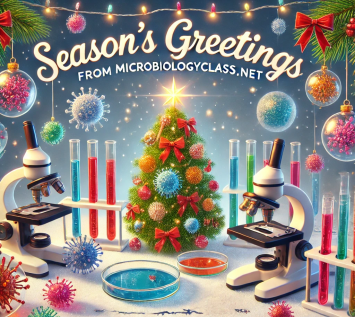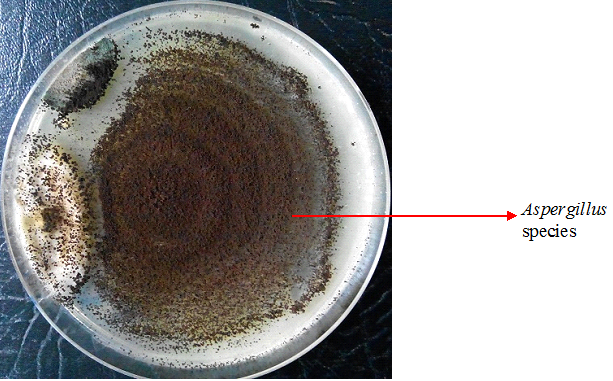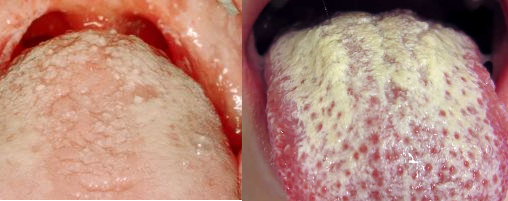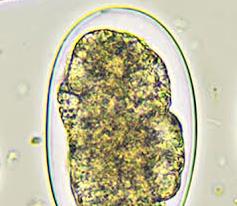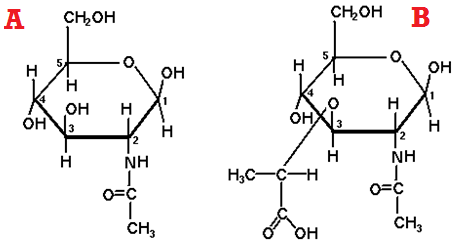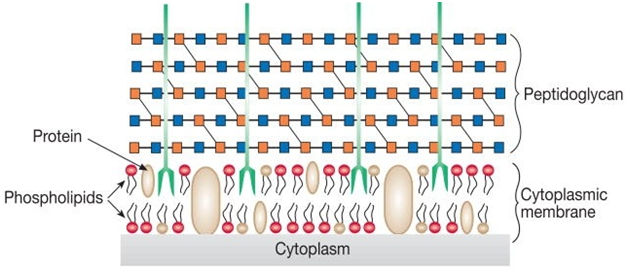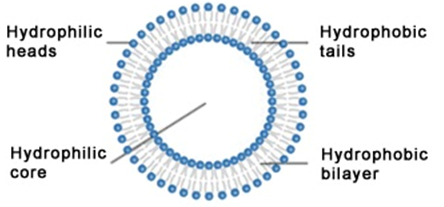MYCOTOXINS
Mycotoxins are exotoxins produced by fungi. The area of microbiology that studies fungi and the toxins they produce (i.e. mycotoxins) is known as mycotoxicology. The disease condition provoked by the intake of mycotoxins in human or animal hosts is generally known as mycotoxicoses. Mycotoxins are pharmacologically active secondary metabolites produced by toxin-producing fungi in food, […]
